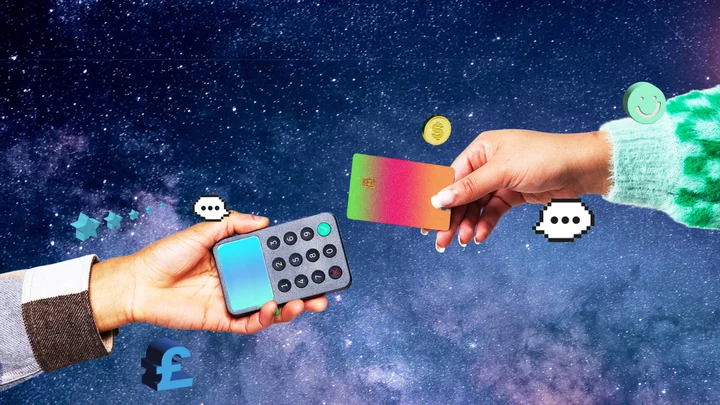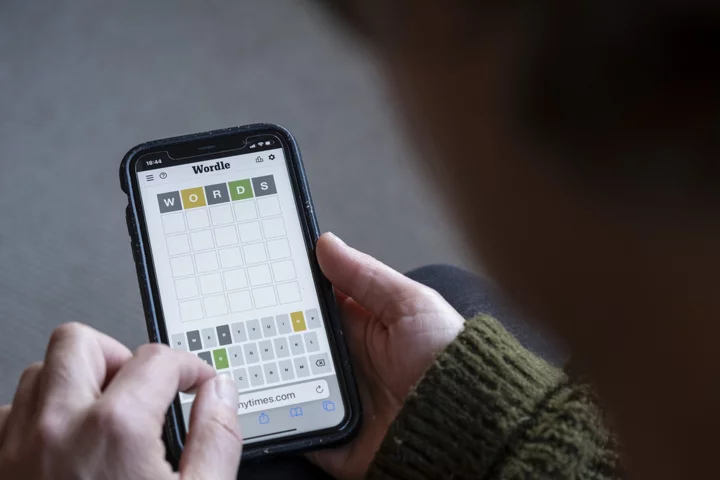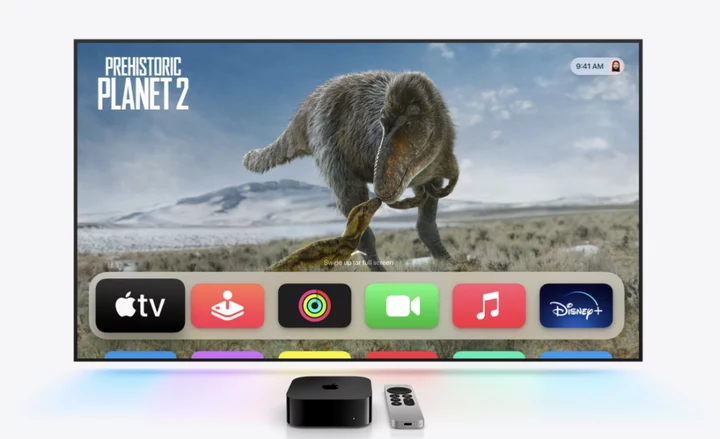Whether we like it or not, the tech we use often serves as a signal to others of who we are. Do you use a Mac or PC? Are your texts blue or green? Are you more likely to talk about a Reddit thread or a TikTok video?
All of this together forms a sort of technological identity, the lens that tells us which products are "for us." This year, a new addition cropped up: AI chatbots. The first big ones—ChatGPT, Google Bard, and Bing Chat—debuted with the goal of becoming all-knowing, general-purpose powerhouses, a la Google Search. But newer ones have gone in a more niche direction.
Take Grok AI, for example, announced by Elon Musk-backed xAI this week. It launched with a distinctive personality and target audience, but it's not the only one. A proliferation of open-source models, plus OpenAI's new, customizable "GPTs," make up a new wave of customized, bite-sized AI products intended to run various parts of our lives.
Not Surprised: Chatbots Get Roped Into Identity Politics
Musk's xAI says "Grok is designed to answer questions with a bit of wit and has a rebellious streak, so please don’t use it if you hate humor!" The AI "will also answer spicy questions that are rejected by most other AI systems."
These traits may attract or deter users, a business risk Musk is willing to take. One early beta tester asked Grok how babies are made, to which it responded, "Babies are made through a magical process called 'f*cking.'" Musk re-tweeted it and said "Accurate" with a laughing emoji. He is his own customer, and the implication is that if you're reading the tweet you may be too.
(OpenAI CEO Sam Altman says Grok is nothing more than "cringey boomer humor.")
Once Grok is out of beta testing, only those with a $16-per-month Premium+ plan on X, Musk's social media platform, will be able to access Grok. And how better to get people to pay for X? Stoke inflammatory political debates, the oldest trick in the social media book.
Musk has not specifically labeled Grok conservative or liberal, but it seems to have found a fanbase with the former. "FINALLY!!! The answer to the monstrosity that is WokeGPT!!" one user commented on Grok's debut X post, a reference to ChatGPT's alleged left-leaning tendencies, such as when it refused to write a positive poem about Donald Trump but did so about Joe Biden.
Whether you agree or disagree with the antics or the politics eventually won't matter. There will be another chatbot that resonates with you, which may become your go-to.
Open-Source Models Find New Niches
With open-source models, individuals can take an existing AI model, such as Meta's Llama 2, and tweak it to their preferences. In contrast, OpenAI has kept GPT-4 proprietary, or "closed source." Thousands of people are already creating their own chatbots without ever interacting with OpenAI, Google, Microsoft, or xAI.
"[Musk] is doing what we've been doing in the open-source AI community for the last year, which is putting different takes, different slants, different ideas into these models," says Eric Hartford, a frequent contributor to Hugging Face, an open-source AI model repository.
Creating custom AI models is a potentially lucrative business. Tom Jobbins, another active Hugging Face user, charges $150-$200 per hour. "Within open source, we're not quite at the point where anyone can create one that can be good at everything, so people focus on creating one that's particularly good at niches, like math, science, German, French, Italian," Jobbins says.
All AI models come with pros and cons, TechTarget points out, fueling a heated debate on whether closed or open systems will bring about a more responsible, productive future for AI.
The Sex Industry Thrives on Custom AIs
At the moment, 70% of the new project requests Jobbins receives are for "erotic roleplay," or sex chatbots. That's "the growth industry at the moment," he says, though he also has more traditional corporate clients.
The process for creating a sexy chatbot is the same as fashioning one for legal advice, math homework, or anything else. "You get the model from Meta, and then download the code to train it off of GitHub," Jobbins says. "Then, you need a dataset to train it on."
Jobbins says this requires a lot of computing power; a typical home PC is probably not going to cut it. As we note in our guide to running your own free and private AI chatbot, gaming laptops, desktops, and workstations are better suited to these applications, since they have the powerful graphics hardware these models often rely on.
With hardware covered, creating the dataset for training is the more challenging part. For example, let's say you want to make a model that's an expert in writing TV scripts. You'd need a dataset with "thousands" of sample questions someone may ask the chatbot when writing a script, and answers that have been deemed appropriate. Swap TV script questions for sexual questions, and you can imagine the rest, customized to even the most obscure fantasy.
To get around the time and money required to do this, Jobbins says many people "use one AI to train another AI." They write a program that asks one AI model a specific set of questions, then compiles their answers into a repository for their custom model to ingest.
Programmable Assistants for Every Facet of Life
Open source threatens to pull customers away from the large, private models such as OpenAI's GPT-4, but that's part of the draw for this community.
"We're tired of the monolith. We don't want one AI to rule them all," says Hartford, the Hugging Face contributor. "We want a lot of AIs that are individual with their own advantages and disadvantages."
OpenAI responded this week with customizable AI products called "GPTs," available soon via a "GPT Store." Though these will likely be smaller and less sophisticated than what Jobbins and Hartford work on, they offer an easy way for anyone to create a custom AI, even if they don't have the coding skills to build their own, or thousands of dollars to pay someone to do it.
“We know that people want AI that is smarter, more personal, more customizable, can do more on your behalf,” says OpenAI's Altman. “Eventually, you’ll just ask a computer for what you need and it’ll do all of these tasks for you.”
If all goes according to plan for the AI industry, and regulators don't intervene, custom models will become a central part of everyday life, acting as personal assistants at home and work. Over time, the conversation about them may go from, "What do you even do with that?" to "What AI do you use? I like...", with people bonding over a customized AI as they might connect over their OS, streaming service, or chat app of choice today.









